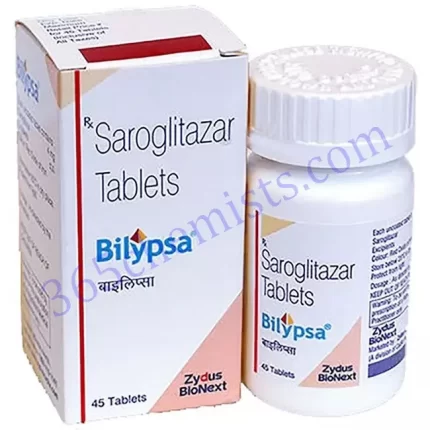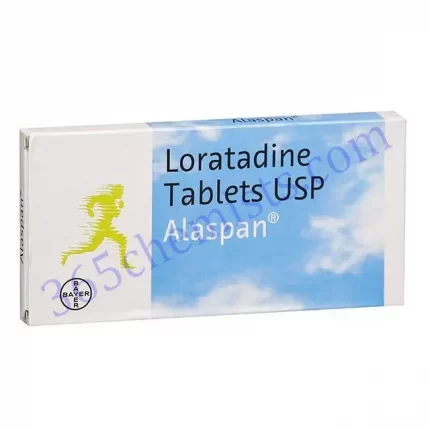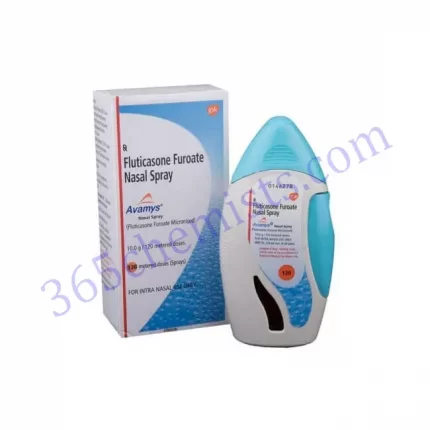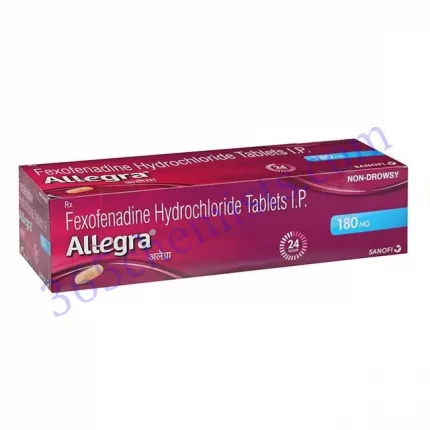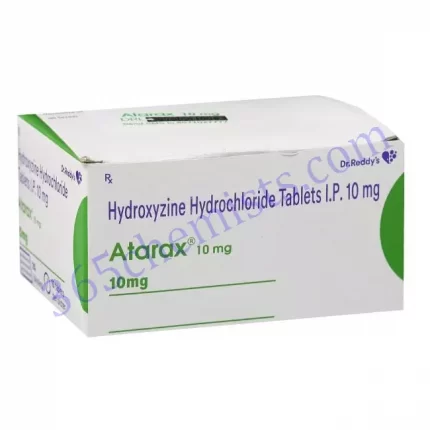INTRODUCTION
BIODEXONE 4MG contains Dexamethasone which belongs to a group of medicines called Corticosteroids which occur naturally in the body. It is used to reduce the inflammation and suppress the immune system in conditions such as allergies, polymyalgia rheumatic, polyarteritis nodosa, blood disorders, leukaemia, myeloma, crohn’s disease, ulcerative colitis, hepatitis, polymyositis, increased pressure in the head not linked to tumours, worsening of multiple sclerosis, inflammation of the eye and kidney, breathing problems, rheumatoid arthritis, chronic and severe diseases of the skin, leukaemia of the lymphatic system, Hodgkin’s and Non-Hodgkin’s lymphoma, Kahler’s disease (cancer of blood cells) and high calcium levels caused by this disease.
Dexamethasone is a synthetic glucocorticoid (adrenocortical hormone), which boosts your body and treats various illnesses involving inflammation in the body. Before taking BIODEXONE 4MG inform your doctor if you have liver, kidney or heart problems, are pregnant or breastfeeding. Your physician will give the correct dose depends on your child’s age and body weight. The common side effects are increased appetite, irritability, difficulty sleeping, swelling in your ankles, feet and heartburn.
USES OF BIODEXONE 4MG
Used to reduce the inflammation and suppress the immune system in conditions such as
Allergies
Polymyalgia rheumatic, polyarteritis nodosa
Blood disorders
Leukaemia, myeloma
Crohn’s disease, ulcerative colitis, hepatitis
Polymyositis
Increased pressure in head and worsening of multiple sclerosis
Inflammation of the eye and kidney
Breathing problems
Rheumatoid arthritis
Chronic and severe diseases of the skin
Hodgkin’s and Non-Hodgkin’s lymphoma, Kahler’s disease
Also used in the treatment of coronavirus disease 2019 (COVID-19)
HOW BIODEXONE 4MG WORKS
Dexamethasone works by decreasing inflammation (swelling), prevents infection and fights with white blood cells and also alters the body’s normal immune system responses.
DIRECTIONS FOR USE
Always take BIODEXONE 4MG as instructed by your doctor. Swallow whole and do not crush or chew.
SIDE EFFECTS OF BIODEXONE 4MG
SERIOUS
Mental problems
Rashes, flaking skin, boils or sore lips and mouth
Wheezing, fluttering or tightness of the chest
Puffy, swollen face, tongue or body, shortness of breath
COMMON
Increased appetite
Irritability
Difficulty sleeping
Swelling in your ankles and feet
Heartburn
Muscle weakness
Impaired wound healing
Increased blood sugar levels
HOW TO MANAGE SIDE EFFECTS
Difficult sleeping:
Wake up at the same time each day, exercise regularly and do not eat and make your sleeping environment comfortable.
WARNING & PRECAUTIONS
PREGNANCY
BIODEXONE 4MG is not recommended for use in pregnant women unless necessary. Discuss the risks and benefits with your doctor.
BREASTFEEDING
BIODEXONE 4MG should be used with caution during breastfeeding. Consult your doctor for advice.
DRIVING AND USING MACHINES
Do not drive or handle any machines while taking this medicine as it may cause dizziness.
KIDNEY
BIODEXONE 4MG should be used with caution in patients with active kidney diseases. Consult your doctor for advice.
LIVER
BIODEXONE 4MG should be used with caution in patients with active liver diseases. Consult your doctor for advice.
ALLERGY
Do not take if you are allergic (hypersensitive) to Dexamethasone.
HEART DISEASE
BIODEXONE 4MG should be used with caution in patients suffering from active heart diseases. Consult your doctor for advice.
OTHERS
Tell your physician, if you have or had,
Bacterial or viral infection
High blood pressure
Diabetes
Osteoporosis
Muscle weakness
Glaucoma (raised eye pressure)
Myasthenia gravis
Bowel disorder
Mental problems
Epilepsy
Migraines
Underactive thyroid gland
Tuberculosis (TB)
Septicaemia
Cerebral malaria
Asthma
Stunted growth
Symptoms of tumour lysis syndrome
Measles or chickenpox
INTERACTIONS
Tell your doctor if you are taking,
Ritonavir, cobicistat, indinavir or saquinavir (used for HIV)
Warfarin (treats blood clots)
Captopril or verapamil (treats high blood pressure)
Colestyramine
Amphotericin B, rifabutin, rifampicin, ketoconazole (treats infections)
Erythromycin, praziquantel and isoniazid
Aspirin, indometacin, hydrocortisone, cortisone (treats pain)
Insulin, metformin and chlorpropamide (treats diabetes)
Antacids, charcoal and carbenoloxone (treats stomach problems)
Aminoglutethimide, methotrexate and thalidomide (used for cancer)
Ephedrine (helps to tighten blood vessels)
Phenytoin, carbamazepine, primidone, phenobarbital and acetazolamide (treats epilepsy)
Oestrogen and progestogen including the contraceptive pill
Tetracosactide (used in the test for adrenocortical function)
Barbiturates or sulpiride (used to calm emotions)
Ciclosporin (used to stop the rejection of organs after transplants)
MMR, tuberculosis, yellow fever or oral typhoid (live vaccines)
Neostigmine (for myasthenia gravis)
Medicines used to lower potassium levels



